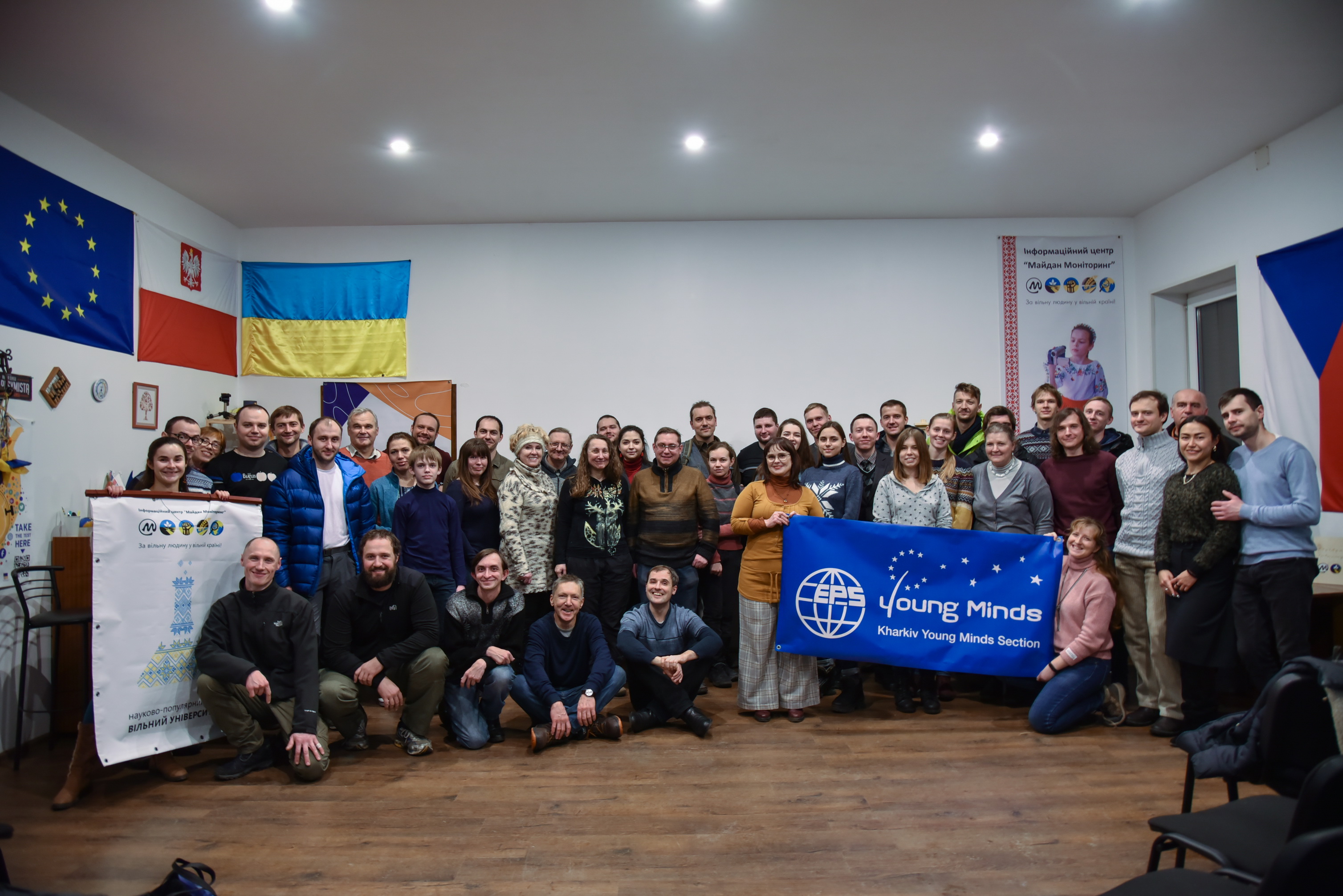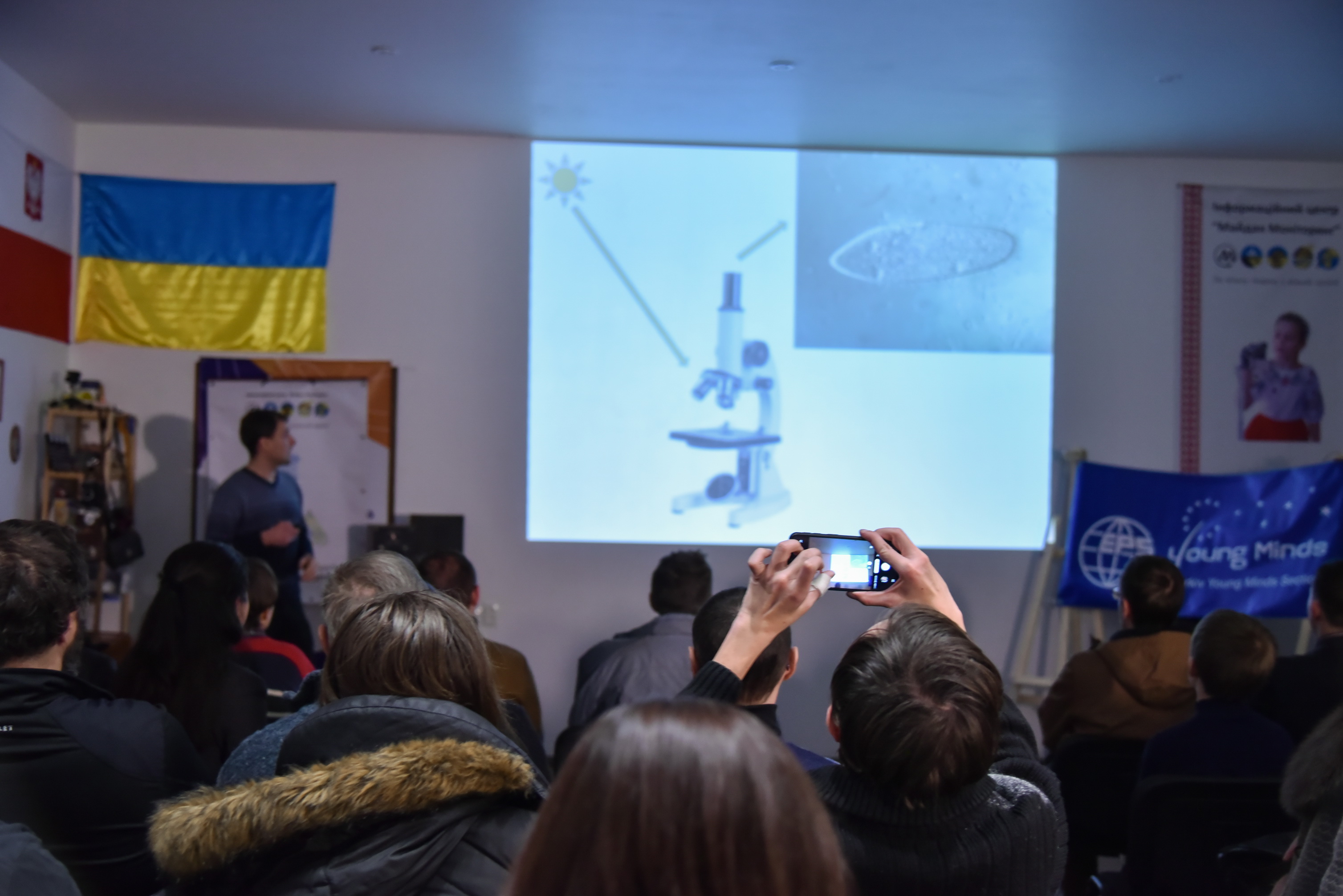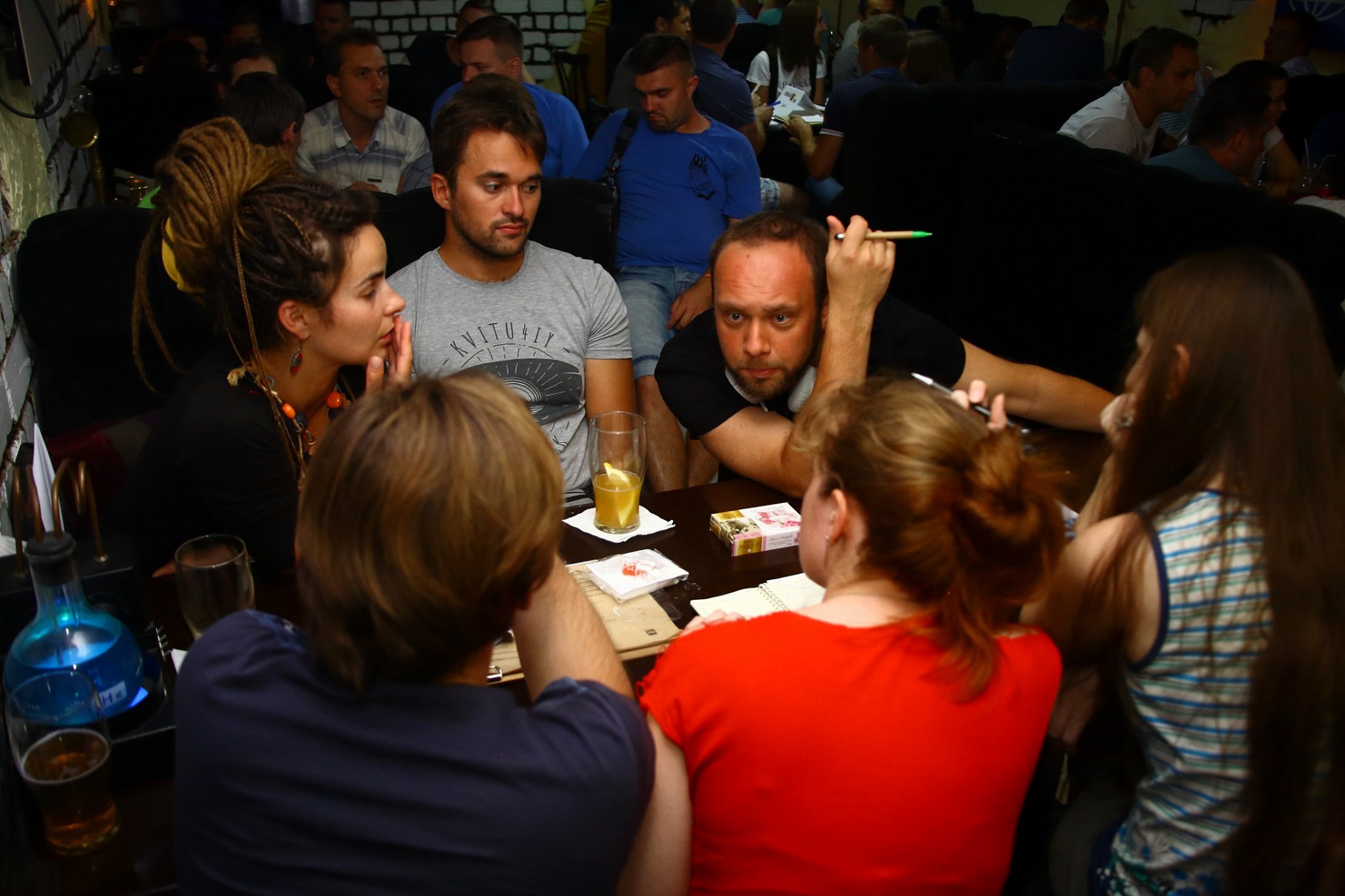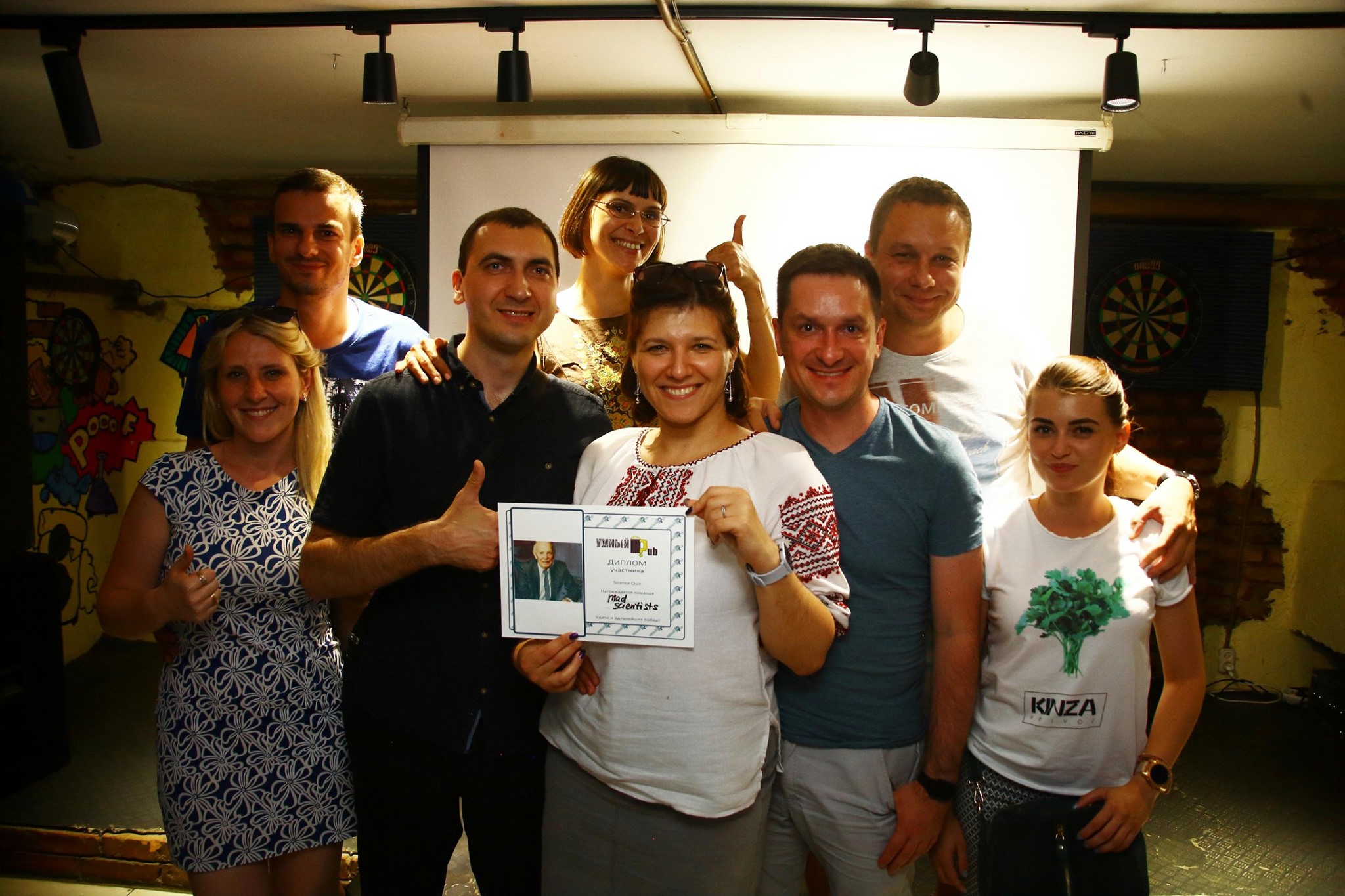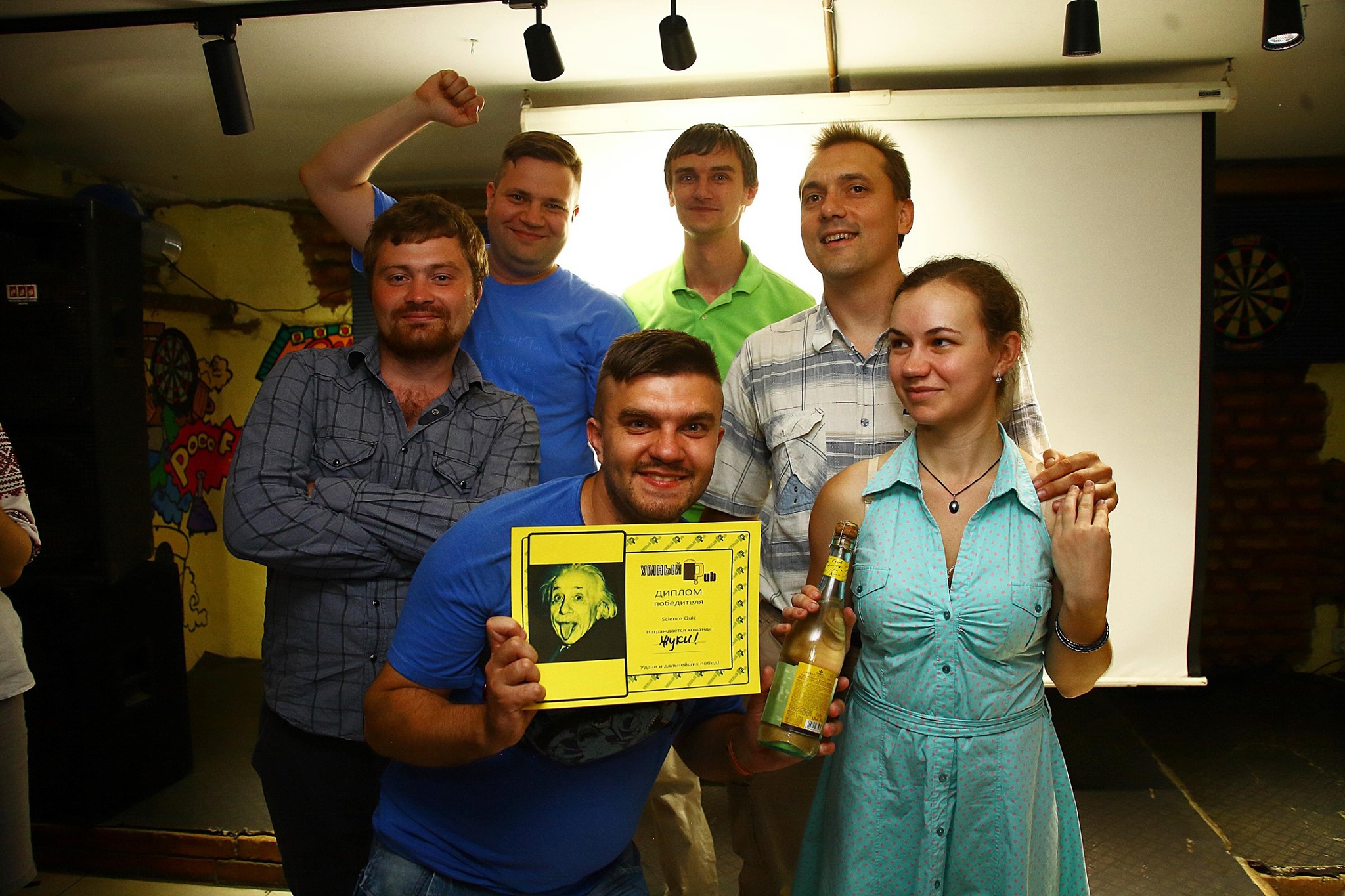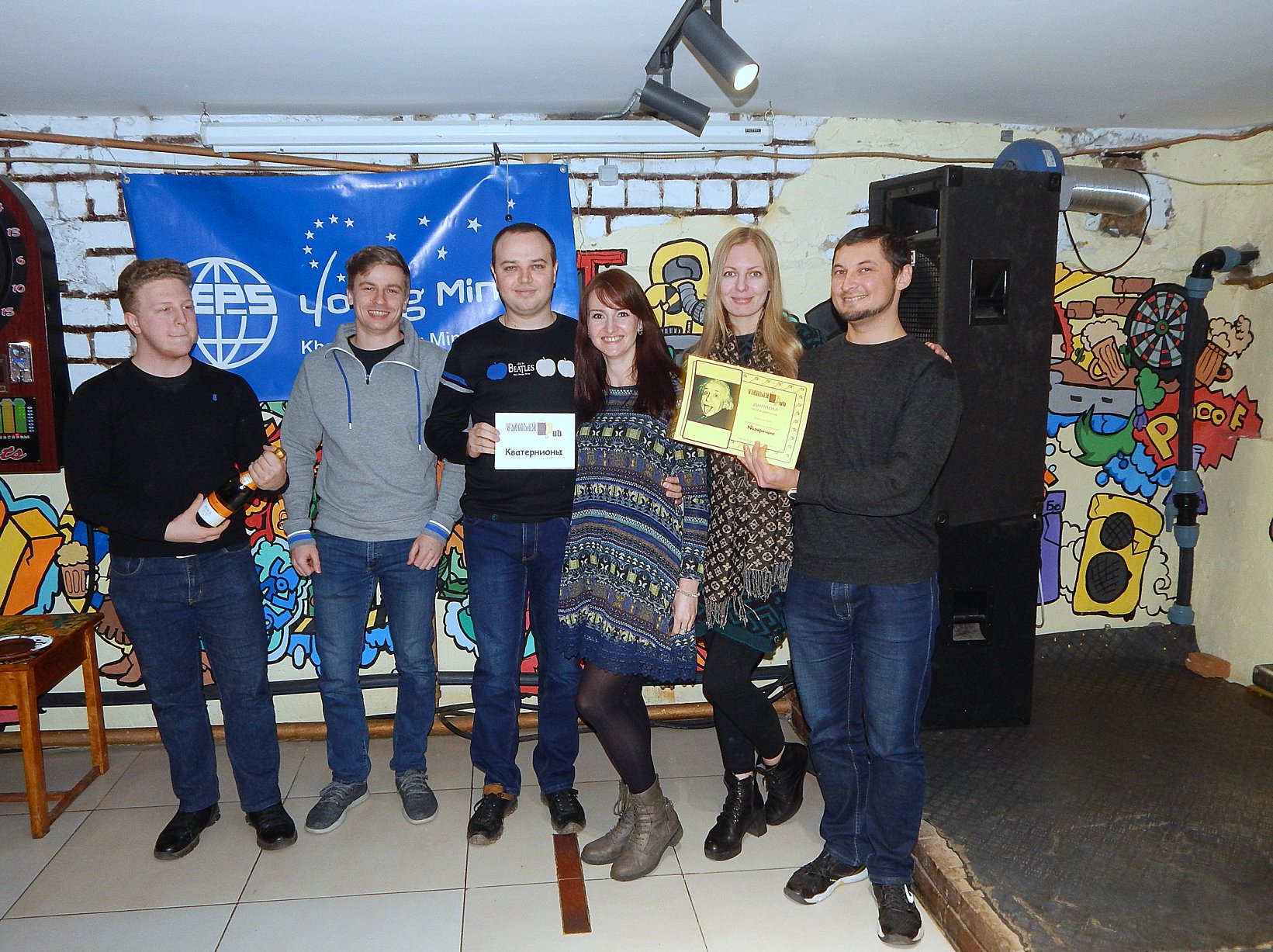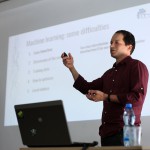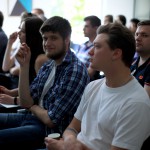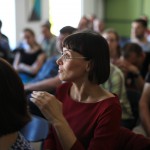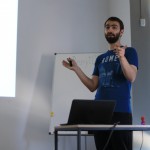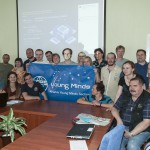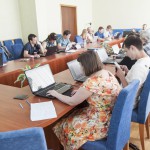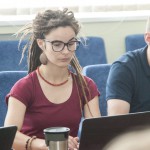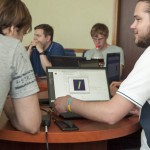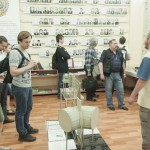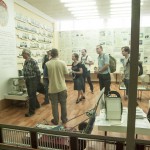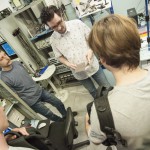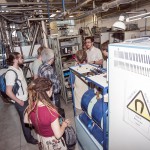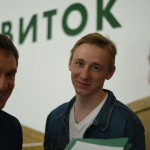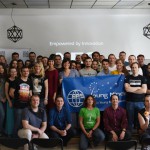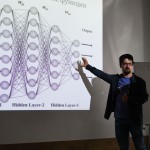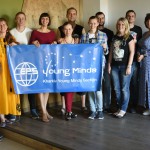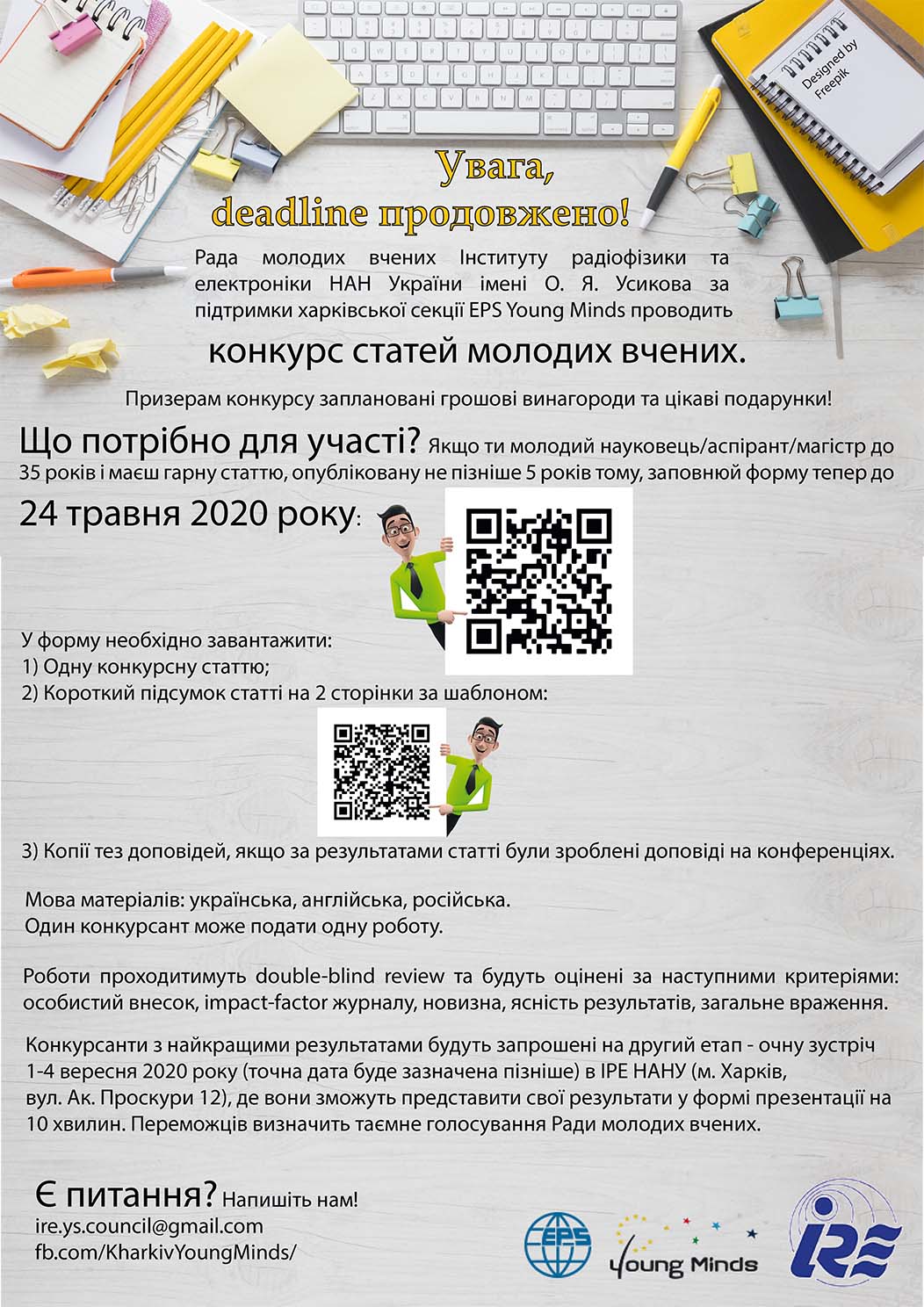 Due to the epidemiological situation, the face-to-face part of the competition was postponed to the beginning of September.
Due to the epidemiological situation, the face-to-face part of the competition was postponed to the beginning of September.
Young Scientists Council (YSC) of O.Ya. Usikov IRE NAS of Ukraine (http://www.ire.kharkov.ua/scientific-counsils/young-scientists/young-scientists-members.html) with the sponsorship of the EPS Young Minds scientific community (https://www.facebook.com/KharkivYoungMinds/), have prepared a contest of articles for young scientists.
We invite young scientists / postgraduate students / master students who have not turned 35 to participate in this competition. The topic of the work should correspond to the scientific directions of IRE NASU:
- Optics and photonics;
- Biological and medical physics;
- Microwave and terahertz electronics;
- Geology and remote sensing;
- Nano- and metamaterials;
- Solid state physics;
- Radio spectroscopy;
- Solid state electronics;
- Find more directions here http://www.ire.kharkov.com/about/research-directions.html for more directions.
One participant can submit one work. The competition will be held in two stages.
On the first stage, before May 24, 2020, applicants must complete the following form: https://forms.gle/ywaku35HveJEeGqy6
To the form one should upload:
- One article for the competition accepted for publication or published in the last 5 years.
- A brief summary of the article on 2-pages listing the main results, personal contribution, novelty, practical relevance, reason for publication in this journal, etc., according to the template: https://drive.google.com/open?id=1Mxl_309YZT2W9VgFs6BePUXFBqxgpr6
- Copies of proceedings (cover page and main text), if the results of the article were presented at conferences.
Language of materials: Ukrainian, English, Russian.
The works will undergo double-blind review and will be judged by the following criteria: personal contribution, journal impact factor, novelty, clarity of results, overall impression.
The maximum score at this stage is 60 points.
The results of the first stage will be sent by e-mail to the contestants by June 17, 2020.
The contestants with the best results will be invited to the second stage – a face-to-face meeting on September 1-4, 2020 (the exact date will be specified later), where they will be able to present their results in the form of a 10-minute presentation and answer the questions of the YSC. Voting on the results of the presentations will be secre, in which the members of the YSC will evaluate the performance by the following criteria: the clarity of the information presented, the originality of the report, the answers to the questions, the general impression. If a member of the YSC takes part in the competition, that member of the board cannot vote.
The maximum score at this stage is 40 points.
If several participants receive the same highest points, the winner is determined by open discussion and voting of the members of the board.
Winners will receive valuable prizes and interesting gifts!
If you have any questions, please contact YSC:
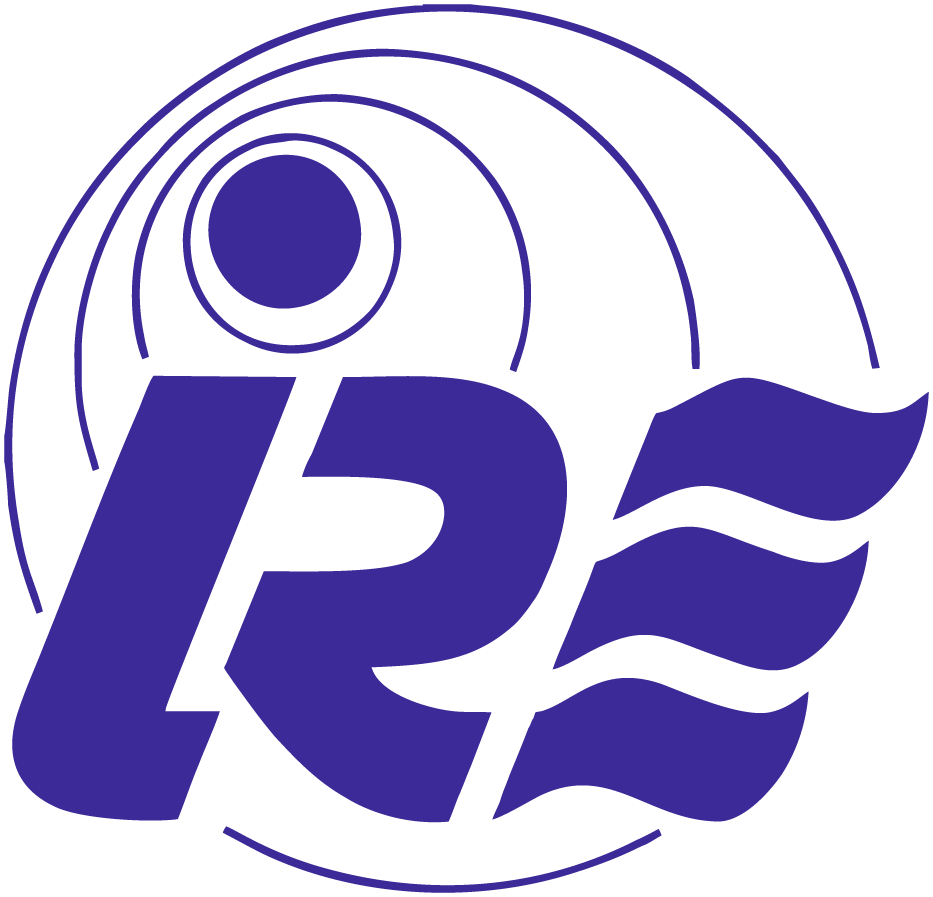
 29.06.2020
29.06.2020